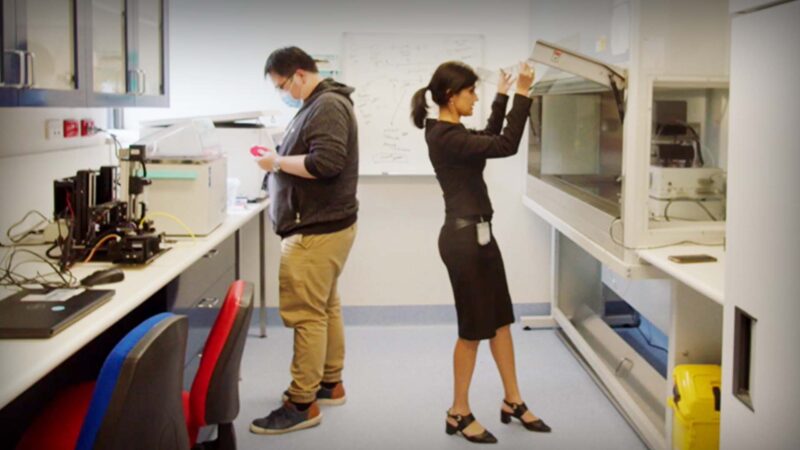During COVID-19 vaccine rollouts social media has been a breeding ground for anti-vaccine sentiments, which have led to vaccine hesitancy. This can increase vaccine-preventable diseases and create public health crises.
Health-related misinformation in social media has been shown to lead to poor health outcomes, including delayed treatment, unnecessary treatment, and wrong treatment. False information can spread rapidly: Social media platforms allow information to be shared quickly and widely, which means that false information can spread rapidly. This can result in a large number of people being exposed to incorrect information and acting on it, which can have serious consequences.
More significant changes in recent years have been health-related misinformation eroding trust in healthcare professionals, leading to people seeking alternative treatments or avoiding medical advice altogether. This can make it more difficult for healthcare professionals to provide effective treatment and care.
With this in mind, recent vaccines delivered as part of the COVID-19 response, are having a consequential impact on the uptake of routine vaccines.
Australian Health Journal spoke with Dr Paul Griffin, an Infectious Diseases Physician and Microbiologist at Mater Health, and who has been involved in over 150 clinical trials in the field of infectious disease.
Now the Director of Infectious Diseases at Mater Health, Paul talks about coming into the field of infectious disease clinical trials, starting in malaria to now focusing on influenza, RSV and COVID-19 vaccines.
Paul reflects on the opportunity to learn and be involved in clinical trials from an early career stage and a turning point being in a senior role for a Phase 1 clinical study.
On the topic of misinformation in public health perception and literacy, Paul sees the issue continuing to circulate on the purpose of vaccines in general. This has also created hesitancy in ‘routine’ vaccine uptake.
Paul talks about the importance of having reputable sources of information that can used to encourage people to understand what is involved in clinical trials and the roles of vaccines.
Whilst the past 5 years may have improved public health literacy, it’s been outweighed by significant misinformation that does require an active campaign to encourage people to seek out information from reputable sources.
In closing, Paul talks about his advice for anyone looking to enter the field of clinical trials and vaccines: Early on, take the opportunities that arise, to be involved, help increase experience and new learning.
You Might also like
-
Understanding factors of persistent lower back pain in women
Lizzy Quinn is a Musculoskeletal Physiotherapist with 20 years experience focusing on people with spinal pain. Australian Health Journal spoke with Lizzy on the complexities of persistent lower back pain in women.
Lower back pain in women in their 30s, 40s, and 50s is complex to treat due to the combination of physical and emotional factors, and health professionals need to stay updated on best practices and science to provide the best recovery platform for patients. These women typically have busy lives, pressures, and expectations.
-
Gold Coast paediatric emergency nurse leads world’s largest study in securement
Brooke Charters is a dynamic Paediatric Emergency Nurse who works at the Gold Coast University Hospital in Queensland. Brooke’s research became the world’s largest study of its kind and in May 2024 the results of the study were published in JAMA Pediatrics. Her mission is to drive change and enhance the hospital experience for children globally.
-
Surgeon-scientist path laid for medical device research
In 2022, Distinguished Professor Gordon Wallace AO and Professor Mukherjee jointly established Beyond Science as a clinician led, academically supported and clinician run Australian-first medical technology translation program.
The program is aimed at early career researchers and clinician-scientists working in medical device research specifically in otolaryngology (ear, nose, and throat), head and neck surgery.



